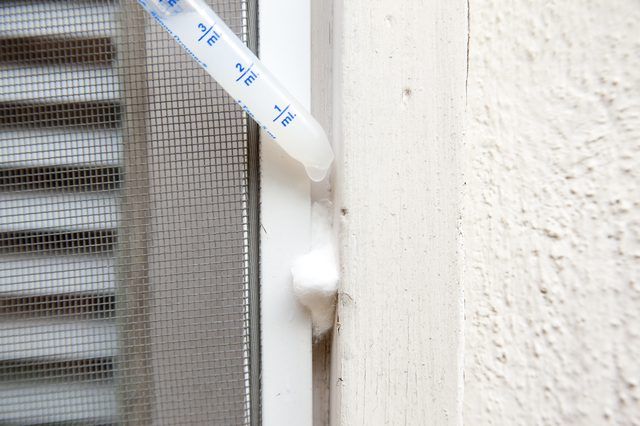Bulbs
Flower Basics
Flower Beds & Specialty Gardens
Flower Garden
Garden Furniture
Garden Gnomes
Garden Seeds
Garden Sheds
Garden Statues
Garden Tools & Supplies
Gardening Basics
Green & Organic
Groundcovers & Vines
Growing Annuals
Growing Basil
Growing Beans
Growing Berries
Growing Blueberries
Growing Cactus
Growing Corn
Growing Cotton
Growing Edibles
Growing Flowers
Growing Garlic
Growing Grapes
Growing Grass
Growing Herbs
Growing Jasmine
Growing Mint
Growing Mushrooms
Orchids
Growing Peanuts
Growing Perennials
Growing Plants
Growing Rosemary
Growing Roses
Growing Strawberries
Growing Sunflowers
Growing Thyme
Growing Tomatoes
Growing Tulips
Growing Vegetables
Herb Basics
Herb Garden
Indoor Growing
Landscaping Basics
Landscaping Patios
Landscaping Plants
Landscaping Shrubs
Landscaping Trees
Landscaping Walks & Pathways
Lawn Basics
Lawn Maintenance
Lawn Mowers
Lawn Ornaments
Lawn Planting
Lawn Tools
Outdoor Growing
Overall Landscape Planning
Pests, Weeds & Problems
Plant Basics
Rock Garden
Rose Garden
Shrubs
Soil
Specialty Gardens
Trees
Vegetable Garden
Yard Maintenance
How to Use Peppermint Oil for Pest Control
How to Use Peppermint Oil for Pest Control. Peppermint has a strong smell that many pests find irritating. The oil from this plant can be used to deter both insect and animal pests from the home. Many people enjoy the scent and have used peppermint oil to not only keep nuisances such as mice, roaches, flies and fleas out of their home, they have...
Peppermint has a strong smell that many pests find irritating. The oil from this plant can be used to deter both insect and animal pests from the home. Many people enjoy the scent and have used peppermint oil to not only keep nuisances such as mice, roaches, flies and fleas out of their home, they have eradicated infestations for good.
Peppermint oil is safe to use in homes with children and pets. It is easy to find in grocery stores, in the baking aisle near other flavorings. The scent is strong, compared to other deterrents, peppermint is far more economical.
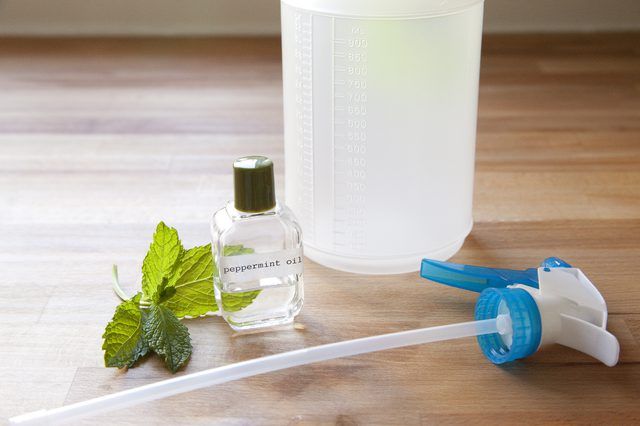
Things You'll Need
Peppermint oil
Warm water
Spray bottle
Cotton balls
Step 1
Fill the empty spray bottle with warm water. Leave a 2-inch space between the water line and the rim. Pour 1 tbsp. of pure peppermint oil into the warm water. Replace the spray nozzle tightly, then shake vigorously. This ensures the oil is distributed well.
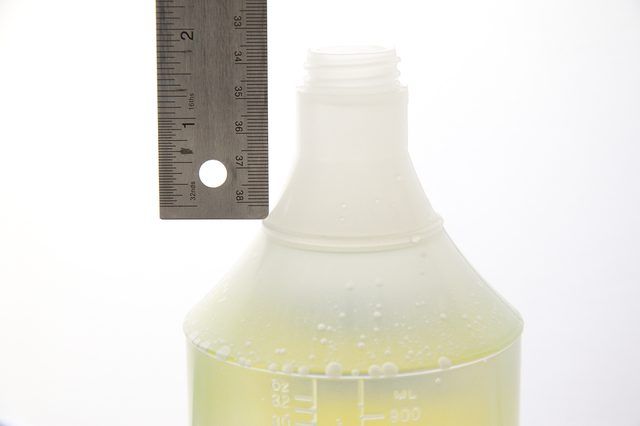
Step 2
Find areas where pests have been entering the home. Spray the peppermint oil and water mix into these areas until saturated. Windowsills and doorways should receive a light film.
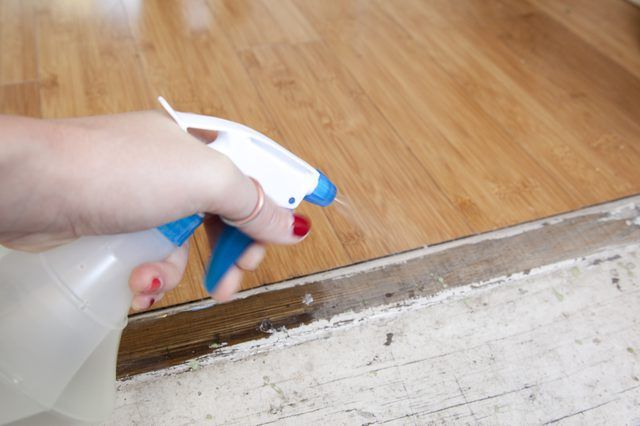
Step 3
Move to the exterior of the home. Mist screens for the first floor and the basement, if applicable. Spray the visible section of the foundation and into any cracks. Cover bushes and flowers with a light mist to protect them, as well.
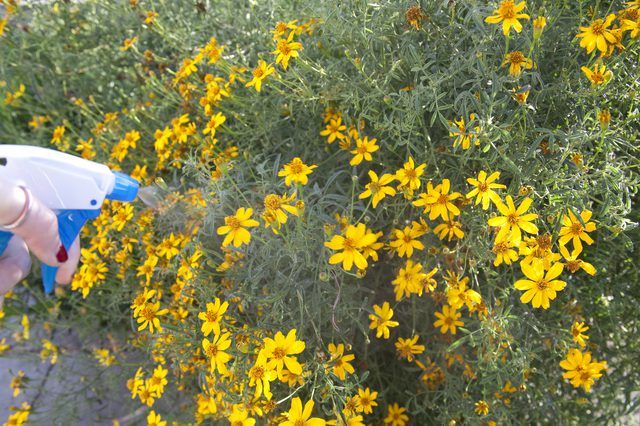
Step 4
Follow these steps once a month during the spring and summer months to repel any pests. Reapply after rain as peppermint oil is not waterproof. Those in warmer climates will need to reapply year round.
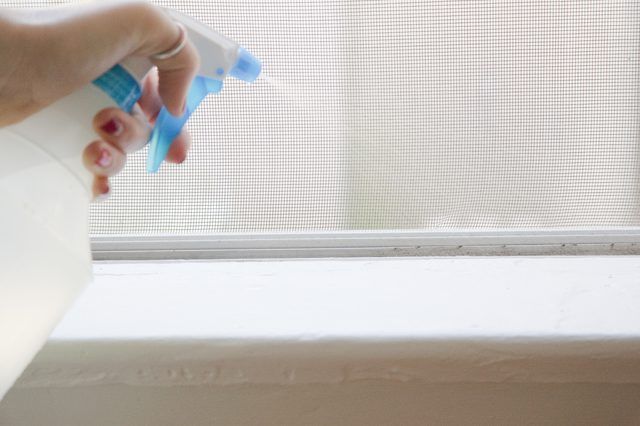
Step 1
Soak cotton balls in the peppermint oil. To fill many openings, place 10 cotton balls into a small container, then pour the oil over. Allow them to sit until all of the oil is absorbed. If there are dry spots, add more oil.
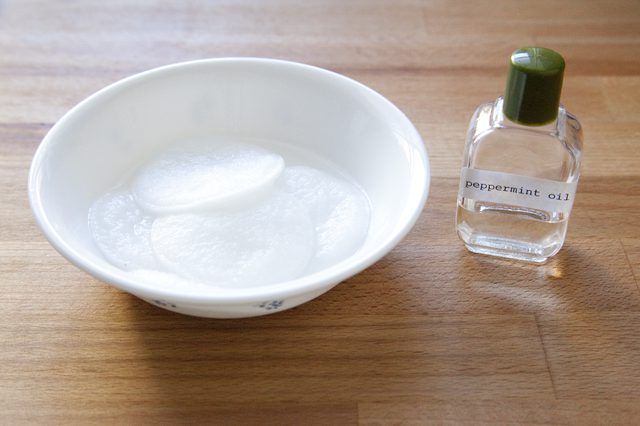
Step 2
Locate any small holes and cracks that vermin can enter. Stuff the oil-moistened cotton balls into the holes. Check to ensure the cracks and holes are blocked completely.
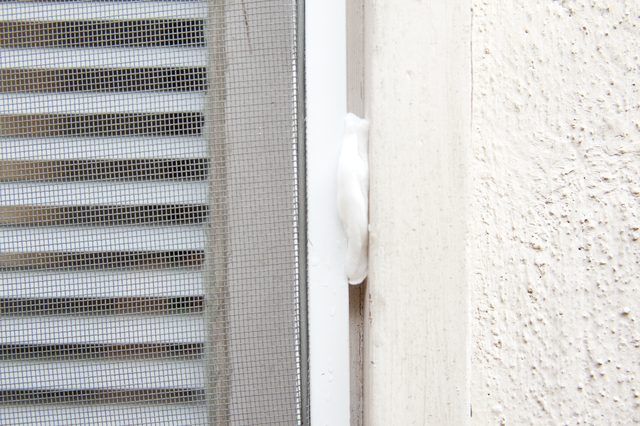
Step 3
Place leftover cotton balls into the bottom of indoor and outdoor trash cans to keep pests at bay. Replace these every time the can(s) are emptied.
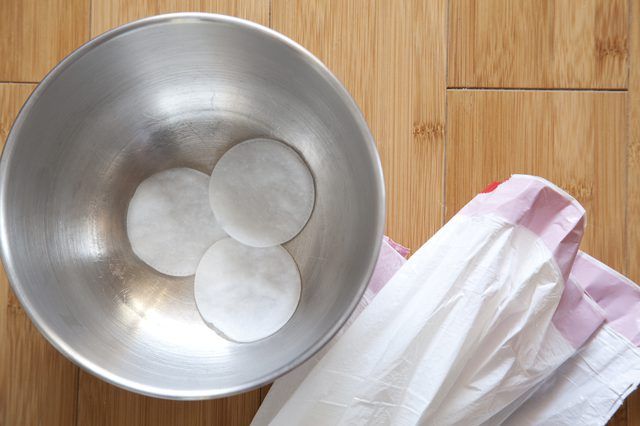
Step 4
Check the cotton balls once a month. If the cotton that is reachable is at all dry, use a dropper to apply more oil. The cotton ball itself will not need to be replaced unless the originals shrink or deteriorate.
